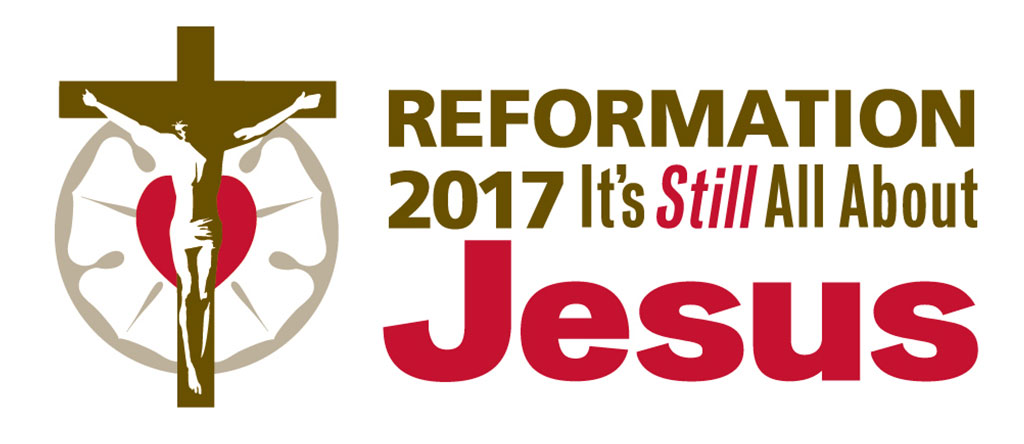Martin Luther taught that the hymns we sing should clearly proclaim the Gospel of Jesus Christ into the ears and hearts of those who sing and hear them. What follows is his preface to a hymnal published in 1545, just a year before he died. Here Luther connects the singing of hymns with the proclamation of the Gospel: “He who believes this [the Gospel] earnestly cannot be quiet about it. But he must gladly and willingly sing and speak about it so that others also may come and hear it.” He also tries to set the record straight on how some of his hymn texts have been unhelpfully altered. — Editor
Many false masters now hymns indite
Be on your guard and judge them aright.
Where God is building his church and word,
There comes the devil with lie and sword.
The 96th Psalm [:1] says, “Sing to the Lord a new song. Sing to the Lord all the earth.” For in the Old Covenant under the law of Moses, divine service was tedious and tiresome as the people had to offer so many and varied sacrifices of all they possessed, both in house and field. And since they were restive and selfish, they performed this service unwillingly or only for the sake of temporal gain. …
Thus there is now in the New Testament a better service of God, of which the Psalm [96:1] here says: “Sing to the Lord a new song. Sing to the Lord all the earth.” For God has cheered our hearts and minds through his dear Son, whom he gave for us to redeem us from sin, death, and the devil. He who believes this earnestly cannot be quiet about it. But he must gladly and willingly sing and speak about it so that others also may come and hear it. And whoever does not want to sing and speak of it shows that he does not believe and that he does not belong under the new and joyful testament, but under the old, lazy, and tedious testament.
Therefore, the printers do well if they publish a lot of good hymns and make them attractive to the people with all sorts of ornamentations, so that they may move them to joy in faith and to gladly sing. In such pleasing fashion the book by Val[en]tin Babst has been prepared. …
But I must also give this warning: the burial hymn “We Lay this Body in the Grave” bears my name; but it is not mine, and hereafter it should not be credited to me. Not that I condemn it; for it pleases me very much, and a good poet wrote it, one named Johannes Weiss (only that on the sacrament he has come close to the enthusiasts). But I will not palm off anyone’s work as my own.
And in “From Trouble Deep I Cry to Thee” the reading should be: “Everyone must fear thee.” Whether by mistake or deliberately, in most books this is made to read “everyone must be afraid.” For the expression “that thou mayest be feared” [Ps. 130:4] is a Hebrew idiom. Compare Matthew 15 [:9], “In vain they fears me with the commandment of men,” and Psalm 14 [:4–5] and Psalm 53 [:4–5], “They have not called upon God. They fear where there is nothing to fear,” i.e., they show great humility, and bow and scrape in their worship, which worship I do not want. So also here the meaning is this: Since forgiveness of sins cannot be found except with thee, they must cease from all their idolatry and willingly bow and bend before thee, humble themselves, hold thee alone in honor, take their refuge in thee, and serve thee as those who live by thy grace and not by their own righteousness, etc.
Excerpted from Martin Luther, Luther’s Works, Vol. 53: Liturgy and Hymns, ed. Jaroslav Jan Pelikan, Hilton C. Oswald and Helmut T. Lehmann, vol. 53 (Philadelphia: Fortress Press, © 1999), 332–334. Used with permission.
Posted October 28, 2016

